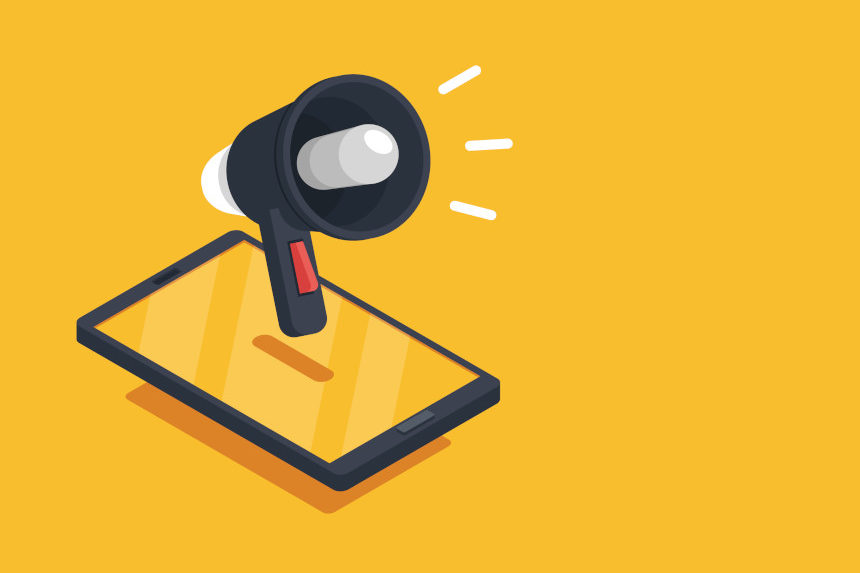Some recent update must have juiced up the notifications on my phone. “You walked 1300 fewer steps per day this week than the week before,” I was surprised to learn one morning.
Really? I love my phone and depend on it, but I didn’t ask for it to start channeling my mother. I am perfectly well aware that I barely got out of the house last week. I accept that failing. Why can’t it?
This new nagging is just the latest in my phone’s repeated badgering. For years I’ve been putting up with — okay, ignoring — its messages about how much time I’m wasting on the phone itself. “Your screen time is up 35 percent for the week compared to your previous average.”
“Put a lid on it, phone!” I want to say. Yes, I binged on Lillyhammer when I could have been exercising, writing the great American novel, or studying Italian. But do you have to rub my nose in it? (Little Steven can’t act for beans, but what a mug! Can’t look away.)
Shouldn’t the developers be encouraging more screen time, a deeper addiction, not less? Or are the screen-time warnings merely a pose — something to allow phone makers a response to charges that their products are lobotomizing their customers. “No, we help you manage your screen time.” Right! Just as tobacco companies help their customers manage their health thanks to the warnings on each package.
Maybe some people like to be reminded of their failings. There are apps that tell workaholics to take a 10-minute break every so often. Apps that remind lazy folks like myself to exercise, meditate, think positive thoughts.
But there seems to be no limit to the overreach of our technological masters. Some of the newest fitness watches not only warn you when your heart goes into arrhythmia but describe the quality of sleep you’re getting. I have a friend who was perfectly happy with his life until his device warned him that he was only getting 20 minutes of restful REM sleep each night.
He was in despair: “You’re supposed to be getting 90 minutes!”
I tried to talk him out of his funk: Maybe the watch can accurately take your pulse, I said, but where’s the proof that it can interpret the slight deviations that reflect REM, non-REM, arrhythmia, and God knows what else? It’s probably only a matter of time before this stuff is exposed as bogus.
But my words were in vain. The seed was planted and now he’s worried every time he tries to go to sleep. And even if it is valid, this information can only a nuisance, since — what are you supposed to do about it?
What’s next? Phones and watches that keep alcoholics, compulsive gamblers, and nose-pickers under control by beeping whenever the addict begins to indulge his vice. “Finger in nose again!” Beep!
Do we need such intrusions? Let’s remember that the phone, the smart watch, Siri, and Alexa supposedly are all tools. We should control them, not the other way around. Shouldn’t we?
This article is featured in the November/December 2021 issue of The Saturday Evening Post. Subscribe to the magazine for more art, inspiring stories, fiction, humor, and features from our archives.
Featured image: Shutterstock
Become a Saturday Evening Post member and enjoy unlimited access. Subscribe now




Comments
I think the author was being subtly quite funny, in the shortness of the article itself, but especially, in the final sentence of it, as if he had begun to suspect he was unidentifiable, even inauthentic as a human being, apart from his phone.